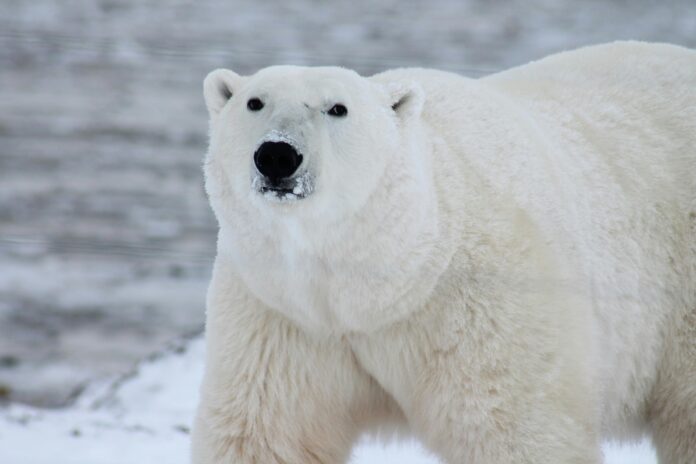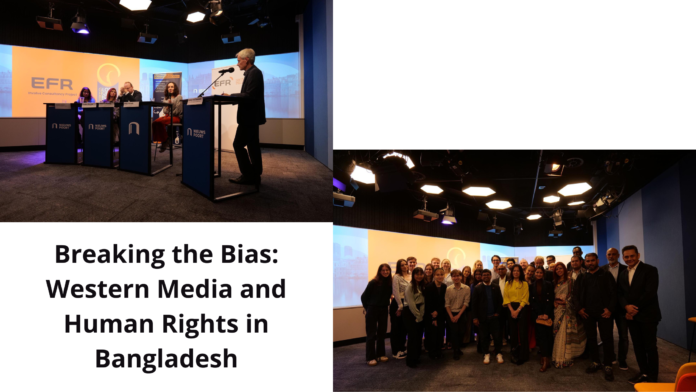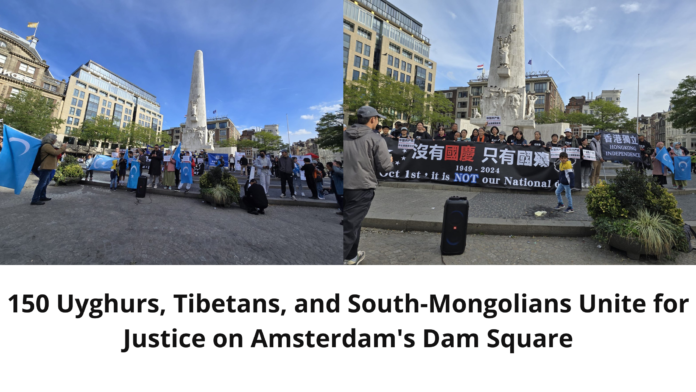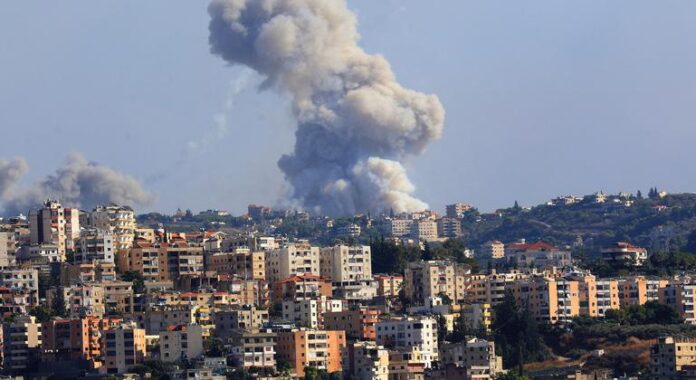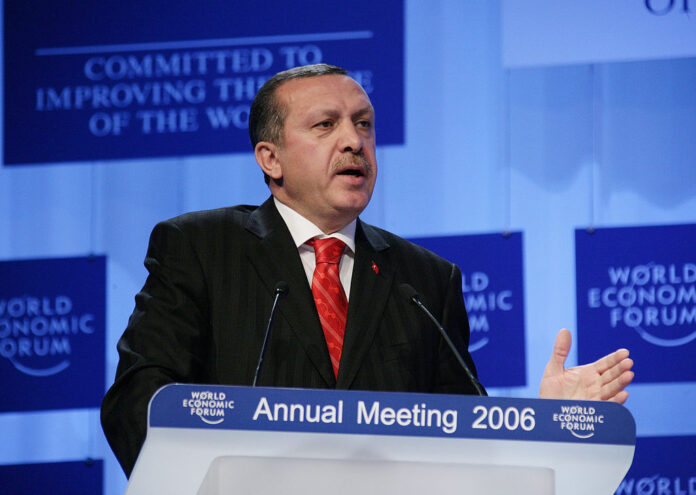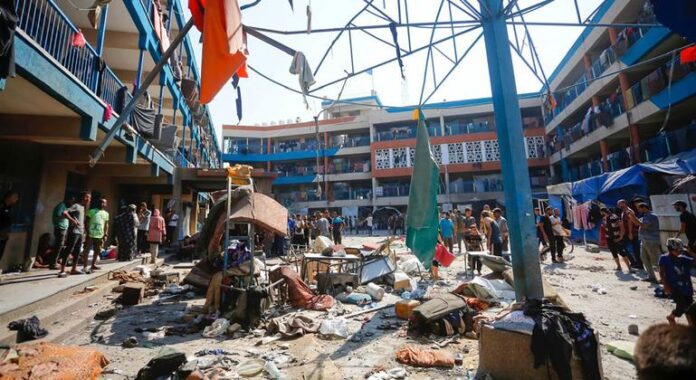The wedding was postponed twice
Greece’s Princess Theodora celebrated her long-awaited wedding to American lawyer Matthew Kumar, marking an important event almost six years in the making.
On September 28, Theodora, daughter of the late King Constantine and Queen Anna-Maria, married her American fiancé in a Greek Orthodox wedding ceremony in Athens, Greece. Theodora, 41, announced her engagement to the Los Angeles lawyer in November 2018. Their wedding was postponed twice – first in 2020 due to the COVID-19 pandemic and again after the death of Theodora’s father in January 2023 on 82 years old.
The couple exchanged vows at the capital’s Cathedral of the Annunciation – the same church where Theodora’s parents were married on September 18, 1964. King Constantine and Queen Anna-Maria share nearly 60 years of marriage and five children – Princess Alexia, Crown Prince Pavlos, Prince Nikolaos, Princess Theodora and Prince Philippos – before the King’s death.
Theodora and Matthew, 34, were married by His Eminence Dorotheos II, Metropolitan of Syros, with several family members in attendance, the official statement said.
The bride’s brothers, Crown Prince Pavlos, 57, and Prince Philippos, 38, were chosen as best men, as was the second son of Crown Prince Pavlos and Crown Princess Maria-Canthal, Prince Achilles-Andreas. At the same time, Pavlos and Maria-Chantal’s daughter, Princess Maria-Olympia, and Princess Alexia’s eldest daughter, Arietta Morales de Grecia, were asked to be bridesmaids.
Princess Theodora and Matthew’s engagement announcement gives insight into their decision to marry in Athens.
“The couple’s desire to hold their wedding in Athens reflects their love for Greece, the strong ties they have with the country, and their desire to share Greek culture and hospitality and identity with their guests,” the statement said.
Princess Theodora and Matthew had a busy week leading up to their wedding. Theodora, Matthew and her mother Queen Anna-Maria had an audience with the Archbishop of Athens on September 24, reported Hello! On September 27, they also went out to the place of their wedding – the Metropolitan Cathedral.
That evening, the bride and groom hosted a pre-wedding event at the Byzantine Museum, according to Hello!
Princess Theodora’s late father – Constantine – was the last king of Greece before the monarchy was abolished in 1973, although his descendants still represent the country as princes and princesses.
Theodora posted a heartfelt statement on Instagram after her wedding to Matthew was first called off, along with a close-up shot of the pair holding what looked like champagne glasses.
Source: People
Illustrative Photo by Bert Christiaens: https://www.pexels.com/photo/blue-and-white-flag-on-the-wall-6282766/




